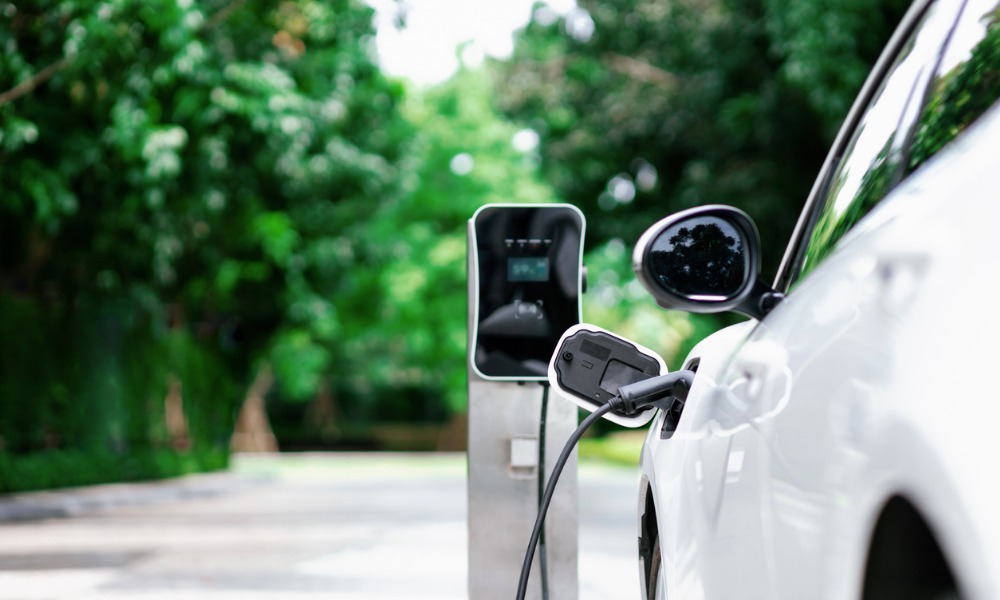Government defends decision

New Zealand’s electric vehicle (EV) market experienced a dramatic nosedive following the government’s decision to terminate the Clean Car Discount program.
Recent sales data, unveiled by the Ministry of Transport, highlighted a sharp decline in new EV sales as the new year commenced. According to a report from stuff.co.nz, the downturn in EV purchases came on the heels of a vibrant December, during which over 4,500 drivers registered New Zealand-new, zero-emission vehicles, taking advantage of rebates of up to $7,015 before the discount’s demise. January witnessed a mere 352 individuals and businesses securing EVs—marking the lowest number of registrations for brand-new and New Zealand-new EVs since October 2020.
Conversely, registrations for traditional fossil fuel-powered vehicles experienced a surge. Following the general election, gas guzzlers saw a decline in registrations, only to bounce back in January once the Clean Car Discount fees were dissolved. Approximately 6,600 very-high-emitting vehicles were registered last month, almost double the usual figure.
Although the termination of the Clean Car Discount did not create as pronounced an impact as its inception, with over 29,000 gas-guzzling vehicles purchased in the month preceding the enforcement of fees in April 2022, its influence on consumer behaviour and fleet emissions was substantial throughout its short-lived existence.
Double blow for EVs
Kathryn Trounson, from Better NZ, an organization advocating for cleaner vehicles, criticized the government’s handling of EVs, labelling it “unfathomable.” She expressed concerns about the double blow dealt to EVs with the repeal of the Clean Car Discount and the unexpectedly high road user charger rates set to commence in April.
Transport Minister Simeon Brown defended the government’s decision, citing the Clean Car Discount’s unaffordability when it provided $339 million more in discounts than fees collected. Brown emphasized that the cost of new EVs had decreased, highlighting the government’s plan to invest $257 million in constructing 10,000 EV chargers.
Officials acknowledged the Clean Car Discount’s role in accelerating the shift towards low-emission vehicles, while also recognizing other contributing factors, such as rising petrol prices, the influx of affordable Chinese EV brands, and heightened awareness of climate change.
Despite its cancellation, the Clean Car Standard remains in place, urging car importers to balance high-emission vehicles with lower-emitting ones or face penalties. Officials anticipate future initiatives to address the scheme’s flaws and ensure equity, especially for lower-income drivers.
Have something to say about this story? Leave a comment below.



